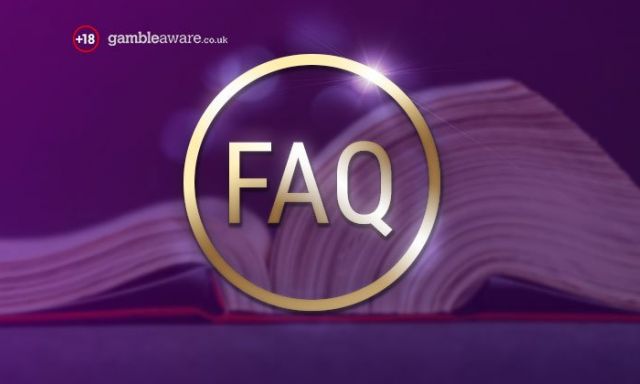The UK enjoys a bustling and growing gambling scene. From high street betting shops and all-night casinos in every city across the country, to the booming online sector for sports betting and UK casino gambling, there are plenty of options for the UK punter who likes a flutter. Fortunately, both for players and for operators, the UK benefits from comparatively liberal gambling laws. While it might sound biased for a Brit to suggest that the UK approach is somewhere about right, it certainly compares favourably to the legal positions in the likes of the US (currently only the US State of NJ is legal) and Germany, while not being so relaxed as to allow for scammers and rip off merchants to ply their trade.
While the laws are liberal, that’s not to say they are non existent. In fact, there are a number of important rules, regulations and legal provisions you should be aware of, on both the player and the operators’ sides of the table. But what is the legal position, and what do you need to understand before you start to get involved in gambling in the UK?
Who Can Gamble?
The position in the UK in relation to who can gamble is reasonably open. People are free to gamble in whichever way they choose, either with sportsbooks, bingo halls, lottery operators, playing slot games in casinos or just about anyone else who is offering gambling services. In fact, you’re free to have a bet with your friend casually as well, with absolutely no restrictions on the freedom to gamble. That is, of course, if you’re over the legal gambling age. The age restriction is the only barrier in place, which stands at 18 years old – unless you’re buying a scratchcard or playing the National Lottery, in which case players can get involved from 16 years old.

How Are Gambling Operators Licensed?
By law, gambling operators in the UK need to be licensed, just like us at PartyCasino. This extends to online casinos and online bookmakers too, who need to be effectively licensed before they are legally allowed to accept business from UK gamblers. Recent changes to gambling laws have tightened up the licensing requirements for operators a little – whereas previously any license from any global jurisdiction would have been acceptable, operators are now mandated to be licensed in the UK by UK authorities.
The UK licensing body is the Gambling Commission, which issued licenses to operators as well as ensuring their compliance with the law. Different forms of license are available depending on the type of gambling service operators want to set up, and these licenses must be renewed at regular intervals to retain compliance. The remit of the Gambling Commission is to [prevent crime from gambling, ensure fairness for players, and prevent children from the harms of gambling. Set up by the Gambling Act 2005, the body is responsible for overseeing the entire industry in the UK, including the National Lottery.
What Powers Do The Gambling Commission Hold?
The Gambling Commission holds extensive powers in the UK, effectively playing god as far as operators are concerned. Under the Act, they have the power to ensure that operators adhere to the terms of their license and the broader laws applicable to gambling operators, as well as the ability to revoke licenses when operators fail to comply. They are also responsible for ensuring that the funds raised from the National Lottery are applied to maximum effect in support of good causes across the UK, a fundamental part of the deal vis a vis the national draw.
The Gambling Commission itself is overseen by the DCMS, and provides licensing for bingo, arcades, betting, casinos, gambling software, online and telephone gambling and all gaming machines.

Important UK Gambling Statutes
The Gambling Act 2005 is the main body of law relating to gambling licensing and rules in the UK, and it’s from this act that the Gambling Commission draws its authority. Additionally, the Gambling (LIcensing and Advertising) Act 2014 requires anyone wishing to advertise gambling services in the UK to obtain a relevant license from the Gambling Commission. Failure to adhere to these laws can result in prosecution for the individuals involved, and there have already been several high profile cases of individuals falling foul of these provisions, most commonly with new, innovative products that bear the hallmarks of gambling, but could be considered to be new forms of gambling, such as video game skins and other forms of digital sweepstakes.
The UK legal position for gambling isn’t nearly as complex as in some other countries, and broadly falls into line with a similar tone of regulation across much of the rest of the developed world. Of course, in some places gambling remains completely and strictly illegal, both for operators and for individuals, so in that sense, the UK market is blessed to have such an open, and frankly adult approach. This has created a dynamic, booming gambling industry in the UK, which remains one of the world’s leading gambling markets, and a hotbed of innovation that benefits the wider global gambling sector as a whole – good news for players, operators and the Treasury, alike.








